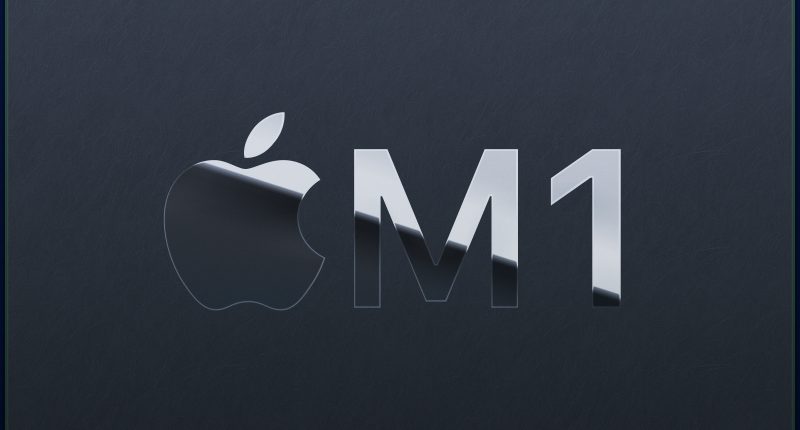Apple is working on a series of new ARM-based processors that could outperform even Intel’s high-end processors, and is planning to introduce them as early as 2021, according to a report by Bloomberg.
According to Bloomberg’s undisclosed sources, the new processors that Apple is working on are going to be successors to the M1 silicon chip introduced earlier this year. Although the current M1 chips are targeted at premium productivity segment, the latest processors will be targeting the high-end CPUs. If everything goes right, the M1 successors could outperform Intel’s current fastest processors on the market.
Apple’s in-house built M1 chip was released in November. The company decided to ditch its long-time partner Intel in favor of its own chips, and released a series of new macs with its M1 chip. The ARM-based processor currently powers the 13 inch Macbook Pro, the new Macbook Air, along with the Macbook Mini.
According to the report, the American tech giant is planning on releasing the latest processors in the spring and fall of next year. The new processors are going to power the upgraded versions of the Macbook pro, the iMac desktops, and a new Mac pro workstation,
The release of Apple’s M1 chip made the headlines and caught everyone’s attention, as the company demonstrated that it can outperform offerings of the same level produced by even the most well-established chip makers in the computer market.
Apple’s accomplishment was praised, not only because it managed to create a faster processor, but it also brought a new architecture to the desktop and laptop domain. The ARM architecture dominates the smartphone industry, but not the PC industry. However, this might change very soon if Apple manages to create high-end processors that could outperform their rivals.
The current M1 chip has an octa-core processor, with four high-performance cores and four efficiency cores. Apple claims that its processor provides twice the performance compared to its rivals. According to the report, the successors to the M1 chip which Apple is currently working on, might have up to 16 performance cores and 4 efficiency cores. This would give the next-gen Apple processors a huge performance boost compared to its current offerings.
Though there is a chance that the processors with 16 performance cores might not make it to the market first, depending on the production process. In that case, Apple might release variants with slightly lower performance core count, until the 16-core chips are ready for the market.
The company plans on replacing Intel processors in all of its Macs with its in-house built processors, and the company is expecting to complete this transition in 2022. This will be a huge loss for Intel, especially since its biggest rival, AMD is on the rise after the release of its Zen 3 CPUs.
If Apple manages to pull-off its ambitious plan to create high-performance processors, it might also be able to disrupt the Intel and AMD dominated PC market, and might catch the attention of more PC buyers who otherwise wouldn’t have considered buying a Mac.





